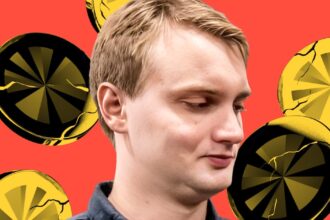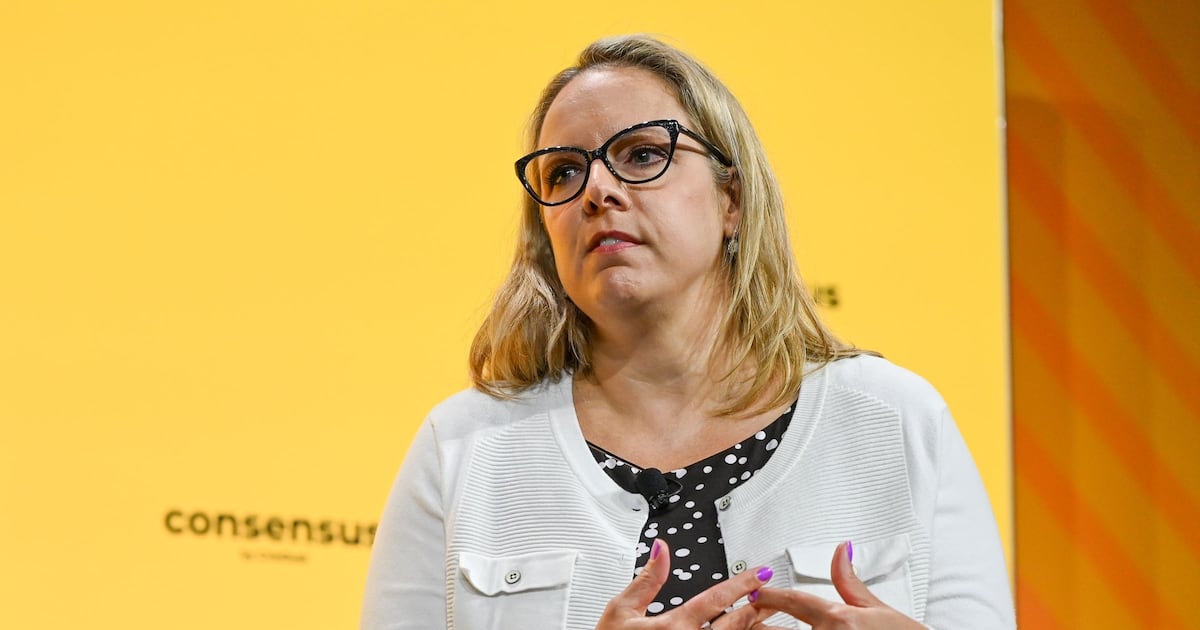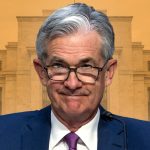The financial regulator is concerned about market manipulation. Financial experts say that those concerns are overblown.
The crypto industry likes to fight the US federal government over in-the-weeds policy issues.
There have been fights over the definition of securities, accusations of conspiracy when a crypto bank can't get a “master account” and debate over crypto custodial terms.
Now, crypto heavyweights are up in arms over a proposed case governance Commodity Futures targets prediction markets from the Trading Commission, which allow people to bet on the outcome of events such as elections, sports games or wars.
such exchange Coinbase, Crypto.comAnd Gemini All have come out against the proposal to ban most “event contracts” – another name for prediction markets – in the US.
Why are crypto elites opposing the rule, why are the CFTC and politicians like Senator Elizabeth Warren in favor, and what do economists say in response?
Pro-Crypto, Pro-Prediction
An answer to why crypto's biggest companies are against the CFTC rule? Polymarket.
The platform allows users to create and bet on decentralized prediction markets and has become one of crypto's biggest success stories in recent months.
Monthly trading volume nearly quadrupled to $387 million in July Dune Analytics. The company has also partnered with big names like leading Pandit Nate Silver And the artificial intelligence heavyweight Perplexity AI.
Join the community to get our latest articles and updates
US residents cannot use Polymarket Terms of UseThis does not mean that the platform does not appear in US electoral politics.
August publications like Wall Street Journal have Cited Polymarket's electoral odds when covering a presidential race.
“Decentralized prediction markets are an important innovation with real public utility,” wrote Gemini co-founder Cameron Winklevoss. Post In X, outlining his opposition to the CFTC's proposed rule.
The CFTC's take
CFTC regulators, however, say that predicting markets opens a can of worms.
in which “Notice of Proposed Rulemaking,” the agency argued, creating betting markets for events such as terrorism, assassination or war is morally “dangerous.”
And these markets, however subtle, can create financial incentives for people to assassinate the president, it argues.
Along with a range of other concerns in its rulemaking proposal, the regulator said forecast markets are potentially ripe for manipulation.
Participants who influence events, such as athletes, may be financially incentivized to throw a game if there is a market where they can easily cash out.
Moreover, especially for political contests, the CFTC said, markets can encourage voters to choose candidates who help them win bets rather than vote based on their beliefs.
The regulator said arbitrators could spread false information to manipulate prediction markets for election races or to manipulate prediction markets to shape public perception of political contests.
“Electoral gambling fundamentally cheapens the sanctity of our democratic process,” Warren, along with other senators and representatives, wrote in a paper. Letter of support For the CFTC's proposed rule.
Only the signatories to the letter responded to a request for comment News Senator Chris Van Hollen and Representative Eleanor Holmes Norton.
Van Hollen's staff declined an interview but suggested News to the CFTC's rulemaking proposal.
“Her main reason for opposing those markets is that they give people a powerful incentive to interfere in elections,” a Norton spokesman said.
Researchers' opinion
Economists, however, pushed back against the CFTC's claims.
“The economic literature suggests that speculative markets are very accurate,” says Robert Webb, a professor at the University of Virginia who studies speculative markets. News.
He submitted a letter opposing this provision in June.
Robin Hanson, a professor at George Mason University and one of the earliest academic proponents of prediction markets, says News Concerns of manipulation, or attempts to influence forecast markets through misinformation or vice versa, are rampant.
“It's a normal feature of having any source of information that people may want to try to distort it, to rely on it,” he said, citing an example of how sources regularly try to spin news coverage.
Hanson has faced in the past Criticism For openly thinking about “sex redistribution” in 2018 amid broader social conversations about incels.
“Many people have no qualms attributing to me crazy extreme positions that I have not stated and categorically denied,” he said. News.
Regarding claims that traders can manipulate prediction markets to influence public opinion, Hanson said researchers have shown that gamblers are more likely to manipulate the market in their bets.
James Bailey, an economics professor at Providence College, also submitted a comment against the CFTC's proposed rule, but he cautioned that speculative markets implemented without any regulatory scrutiny could lead to overshooting.
If the amount of money a person can bet on real-world events increases enough, insiders may have more incentive to throw elections, he said. News.
However, he said he believes the benefits of legalizing prediction markets outweigh the risks, according to current research.
“These are really perfect ways to capture people's best ideas in the future,” Bailey said.
Polymarket did not immediately return a request for comment.
Ben Weiss is the Dubai correspondent News. Got a tip? Email him [email protected].







